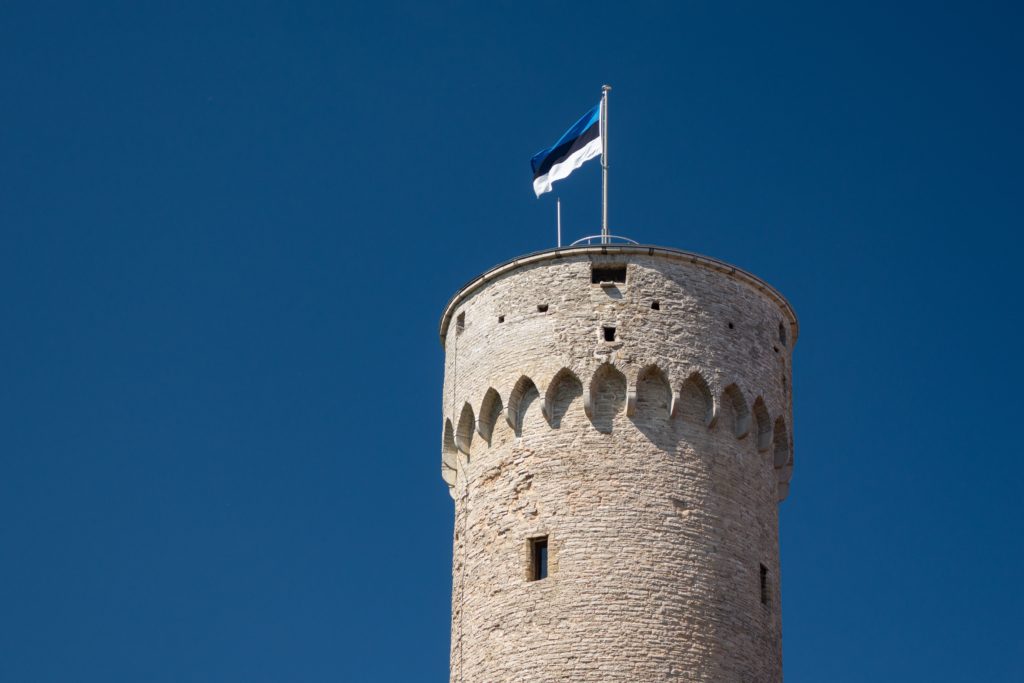Since foreign individuals or businesses may acquire real estate in Estonia with the same ease as Estonian nationals, the country offers excellent investment prospects. When it comes to international companies looking to buy real estate in Estonia, there aren’t many limitations. The four Estonian islands of Saaremaa, Hiiumaa, Vormsi, and Muhu are off-limits to foreign investors and residents of countries outside the European Union, including Indian nationals. They also prohibit the acquisition of land parcels larger than 10 hectares for farming or forestry.

Pre-purchase steps
Verifying the owner and the desired property is the most crucial stage in buying real estate in Estonia. It is suggested that the buyer confirm if the property is listed in the Estonian Land Register. Real estate that is not included in the Land Register is regarded as moveable property under Estonian law. Additionally, any encumbrances on the property, including mortgages, must be investigated. The purchaser is also urged to check with the authorities to see whether the owner owes any debts or outstanding bills. The following are some things that can be checked when buying an apartment in Estonia:
- whether the seller is the apartment’s owner
- if the unit is in a registered residential building
- the energy performance certificate for the house
- whether the apartment complex has an apartment association
- a verification to make sure that the apartment has no occupants
The buy and selling agreement
It is common practice for the buyer and seller to reach an agreement on the terms of a reservation following the inspection of the property that is going to be acquired. The reservation agreement gives the buyer priority over other potential purchasers of the same property, but it does not require any of the parties to sell or buy the property. If the parties are unable to come to a definitive agreement right away, a pre-purchase contract may be signed in the presence of a public notary. By taking this step, the buyer ensures that the Estonian property will be transferred into his or her possession once the final purchase agreement has been signed. In the pre-purchase agreement, it is common practice to include information on the terms of the sale, the price of the property, and whether or not a deposit has been paid. A deposit equal to 10–20 percent of the full price of the property is typically required before the execution of a pre-purchase contract. To finalize the purchase of the Estonian property, the purchase contract needs to be signed. During the signing of the agreement, there must be a public notary public present.
Property registration with the Estonian Land Register
The Transfer of the Ownership of the Real Estate is prepared by the notary and signed by both parties when payment has been received. The buyer then pays stamp duty (between 0.3% and 0.5%), and the notary then requests that the transfer of ownership be recorded with the Land Register. Property deeds are absent from Estonia. The transaction is complete, and the purchasers take ownership of the property when the Land Register has received payment of the registration cost. The Official State Gazette will instantly publish the transfer. The value of the land plot that the property is constructed on will determine the amount of real estate property tax that will be assessed, which may be anywhere between 0.1% and 2.5%.
Notary Fees
For properties with values up to $639,117, notary fees are based on a table of fixed costs. Notary fees feature a progressive fixed charge for larger values in addition to a sliding rate for each excess. Additionally, a 20% VAT is applied to the notary costs.


